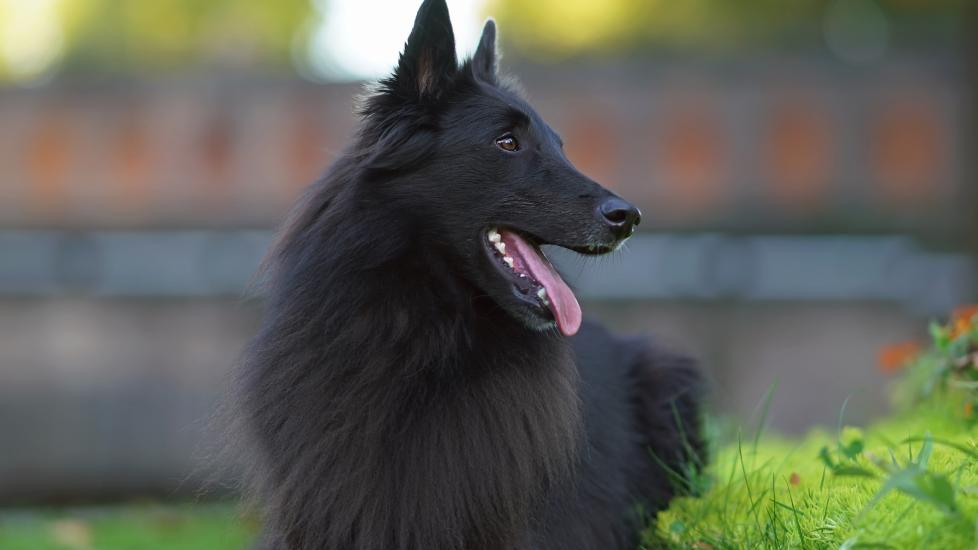Right Now
Training Your Belgian Sheepdog: A Beginner's Guide
Training your Belgian Sheepdog can be a really fun and rewarding experience. Whether you're new to owning a dog or you've had pets before, teaching your Belgian Sheepdog basic commands and good behavior is important. These dogs are super smart and love to learn, which makes training them enjoyable for both of you. This guide will help you understand how to train Belgian Sheepdog effectively, so you can build a strong bond and have a well-behaved companion.

The Belgian Sheepdogs have a long history that started in Belgium, where they were originally bred to help farmers herd livestock like sheep and cattle. They're part of the Belgian Shepherd family, which also includes other types like the Malinois and Tervuren. These dogs were prized for their agility, intelligence, and hardworking nature. Today, Belgian Sheepdogs are not just good at herding; they also excel in jobs like search and rescue, police work, and, of course, loving family pets.
History and Traits of the Belgian Sheepdog Breed
The Belgian Sheepdog, also known as the Groenendael, is known for being versatile and hardworking. They first originated in Belgium during the late 1800s with an emphasis on agility, cunningness, and competence. The dogs are medium to large with strong bodies and their particular black coat that is long and thick. Their eyes show how sharp they are about everything around them.
Belgian Sheepdogs are devotedly committed to their families like some other dog breeds. They enjoy having a job like herding livestock or participating in dog sports. Their instincts run deep and it makes them very protective individuals who take care of those around them. Through adequate training and exposure at a young age, Belgian Sheepdogs grow into balanced companion animals that excel in numerous areas.
Training Guide for Belgian Sheepdog
Start Early: Begin training your Belgian Sheepdog as soon as you bring them home. Introduce them to different people, animals, and places to help them learn how to behave and feel confident.
Use Positive Reinforcement: These dogs respond well to praise, treats, and toys as rewards. When they do something good, giving them a treat or praising them helps them understand what they did right and encourages them to keep doing it.
Be Consistent: Stick to a routine and rules so your Belgian Sheepdog knows what to expect. This helps them learn faster and reduces confusion. When you're consistent, they'll understand what's okay and what's not.
Keep Them Thinking: Belgian Sheepdogs are smart and need lots of mental challenges to stay happy. Teach them new tricks, play games that make them think, and practice obedience skills regularly. This keeps their minds busy and prevents them from getting bored.
Stay Patient: Training takes time and patience. Be patient with your dog as they learn new things. Use gentle corrections if they make a mistake, and avoid punishment, which can make them afraid or less willing to learn.
Characteristics of the Belgian Sheepdog
Intelligence: Their intelligence is beyond the ordinary. They learn very fast. They are good at figuring out what you want them to do and are excellent at training exercises and tasks.
Versatility: They can do so many things well such as herding, obedience, agility, and even search and rescue. Though they enjoy being active with a job but also love having fun while doing it.
Loyalty: These dogs will forever remain loyal to their families and become closely attached to their masters. They act as guards and protectors.
Energy: Belgian Sheepdogs have lots of energy; thus require regular exercise as part of keeping fit and happy. Activities that involve body movements appeal to them most.
Emotional Support: A Belgian Sheepdog can be an emotional support animal for its owner. An ESA registration allows its holder to acknowledge that it is more than just a pet offering comfort and companionship to someone who needs mental or emotional support.
Temperament and Behavior
Belgian Sheepdogs are attentive, intelligent, lively dogs. They love their families dearly. Until they become familiar with them new persons should be approached cautiously by them. Early socialization is important to make them well-behaved citizens able to adapt to different situations. With good care and training, they can be excellent companions bringing joy and loyalty to their owners every day.
To Sum It Up, Training a Belgian Sheepdog will strengthen your bond with them making them behave like members of your family in the best way possible. Start early, use positive reinforcement techniques, understand his unique traits, and help him grow better by providing for his needs so that this breed thrives. It is known for being intelligent, versatile as well and affectionate breeds which can be great workers or just pets. With patience and consistency, your Belgian Sheepdog will be a wonderful companion that brings joy and companionship to your life for years to come.
Helpful Resources
Training Tips for Emotional Support Dogs: Essential Guide
Basset Bleu de Gascogne: All You Need To Know
More Posts

Report This Post
Please complete the following requested information to flag this post and report abuse, or offensive content. Your report will be reviewed within 24 hours. We will take appropriate action as described in Findit terms of use.



